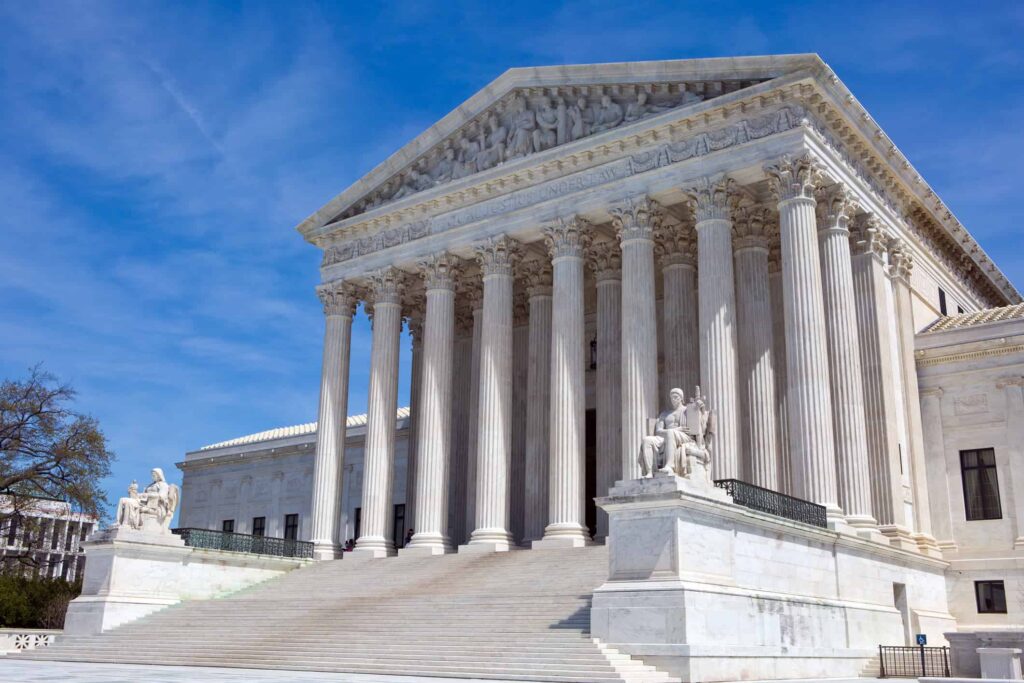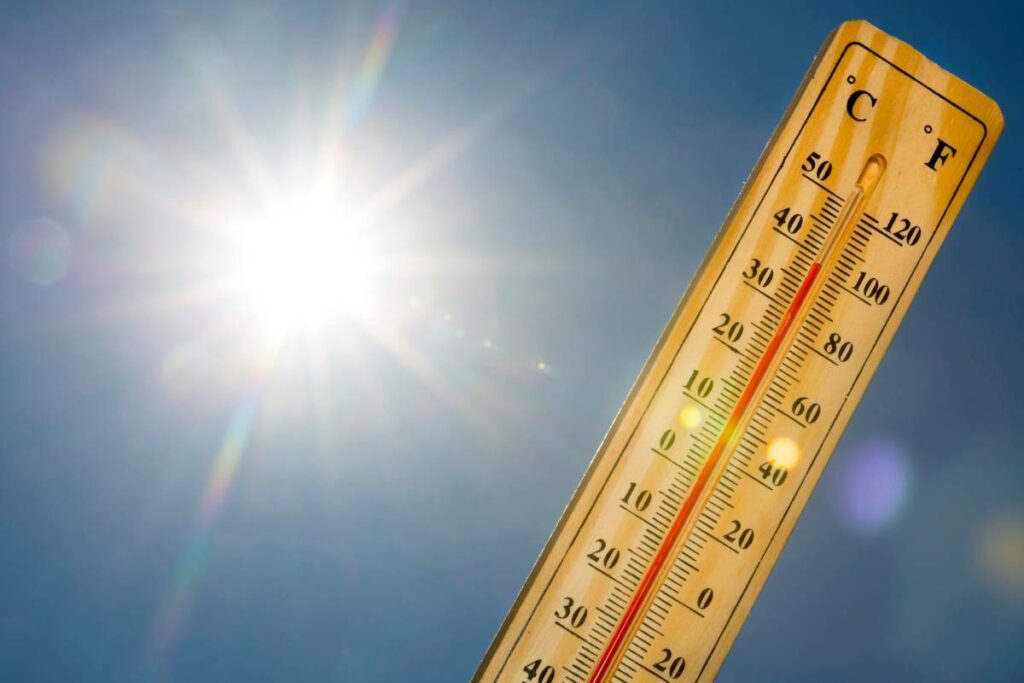Judith Curry may have fallen for a prank tweet in which another climate scientist, Andrew Dessler of Texas A&M, wrote “I need some advice: I changed the entrainment parameter in my cumulus parameterization and the climate sensitivity of my model doubled. HELP!!!” and she responded “I rest my case re climate-model derived values of climate sensitivity to CO2”. Dessler was apparently making fun of the new Washington Post climate agony column “Climate Coach” in which Michael J. Coren will be giving you advice about how to stop destroying the planet and also stage a revolution or something. Curry can be forgiven for thinking he was serious: there really is something very wrong with the way the models mimic clouds or fail to and she’s been on it for years. And a movement is in trouble when you can’t tell parody from the real thing. Indeed in another tweet Curry shares David Young’s very real critique of the way the models attempt to deal with Computational Fluid Dynamics which, she notes, “provides important analysis on misconceptions about global climate models that lead to overconfidence in simulations.” And that overconfidence is no joke.
In Young’s piece one encounters warnings like “GCM’s were among the first efforts to solve the Navier-Stokes equations” but “there can be a very high cost to building a new code or inserting a new method into an existing code. In any such effort, even real improvements will at first appear to be inferior to the existing technology.” So I improved my model and it looked worse HELP!!! is not satire.
Dessler’s was. But of what? In the face of much heckling and some sympathy he repeatedly insisted that his tweet was a joke including writing “To be really really clear, this is a joke. I’ve never run a GCM in my life; I have no idea how to compile them or change any parameters.” But unfortunately it’s the sort of thing that such models really do do because they are not accurate representations of actual climate processes and outcomes but crude oversimplifications bundled together with dogmatic assumptions into wacky but predictably scary overestimates of actual warming. Which is why so many people didn’t get the joke.
As Young warns in the course of his analysis, the big problem with fluid dynamics is our old enemy non-linear math. Hence:
“As is perhaps to be expected with nonlinear systems, there are also often multiple solutions. Even in steady RANS (Reynolds Averaged Navier-Stokes) simulations there can be sensitivity to initial conditions or numerical details or gridding…. Another problem associated with nonlinearity in the equations is turbulence, basically defined as small scale fluctuations that have random statistical properties.”
For this reason it’s actually true that small changes in real, apparently peripheral conditions as opposed to simulation parameters can cause important effects to change dramatically. It’s why climate does have many discontinuities like the Younger Dryas that the models cannot cope with even if the modelers know the real historical inputs and outputs and just have to add duct tape and WD40 and bailing wire and whack it with hammers until the theoretical ones somehow match.
Incidentally Wikipedia says “Andrew Emory Dessler (born 1964) is a climate scientist” which means he’s an alarmist. (Its article on Will Happer says “Happer, who is not a climate scientist, rejects the scientific consensus on climate change” even after conceding that he is “an American physicist who has specialized in the study of atomic physics, optics and spectroscopy” none of which, apparently, has the least bearing on the matter.) Even a sympathetic reviewer of Dessler’s coauthored 2006 The Science and Politics of Global Climate Change: A Guide to the Debate said it “would have been an even better one with less advocacy of one side of the argument”. But it’s not how “debate” works on this issue.
His 2012 Introduction to Modern Climate Change is available on Amazon for just CAD$51.43 and “It reflects recent scientific progress in the field, as well as advances in the political arena around climate change. As in previous editions, it is tightly focussed on anthropogenic climate change…. The book’s goal is for a student to leave the class ready to engage in the public policy debate on the climate crisis.” Yeah. We bet it is. And he tweets about “energy/climate misinformers” not people who hold contrary views for credible if mistaken reasons.
As for Coren, he says:
“Don’t expect lists of ‘101 things’ or symbolic gestures. No plastic straw campaigns here. We’ll be digging into data and giving evidence-backed advice and thoughtful analysis about what matters in protecting the planet, the environment and one another.”
Which would be nice, although his opening depiction of the hellscapes that have turned people like him into alarmists has us hoping for his definition of “thoughtful”.
There are other words we wonder about. For instance, he also says:
“When interviewing people, I often ask if they recall the moment they knew climate change was happening to them right now, the moment when climate models and warnings became real…. For me, it was the morning of Sept. 9, 2020, when the dawn never came. All week, wildfires raged from Seattle to Mexico, depositing a thick layer of soot and smoke over California.”
So it’s par for the course on the media trustworthiness front since he’s been selling climate alarmism since at least 2008 when he joined “Climate Focus” (slogan: “Working together to halt climate change” not, say, forestall it). As he himself boasts, “I’ve been working on climate issues for more than 15 years – including the last six as a reporter and editor at the news site Quartz – and I also spent several years developing climate policy for international organizations.”
But never mind, and forget those long lists of actions and silly rants about plastic straws. In this new feature:
“With climate, we must consider social norms as well as policies and incentives. We’ll take this as a guiding principle at the Climate Coach column. Individual climate action is more than the sum of its parts, complementing, not substituting for, transformative political and economic change.”
So, transformative change. Changely change. Bug on your plate change.
Yeah. Really:
“We’ll explore how to change your career for the climate. Savor invasive species (pass the lionfish). How to invest your savings in a stable climate. Uncover the incentives in the Inflation Reduction Act. Meet the bugs that will feed the future. Repower communities in coal country. Swap cars for people on slow streets. Try on fashion’s mend-and-repair movement. Track down sources of air pollution in your home and neighborhood. And learn, perhaps, how to worry a bit less and act a bit more on the climate.”
Either that or his new kid’s gonna fry. He explains that the reality of the realness of real climate became double-real to him when his son was born in 2022:
“The only Earth he has ever known is nearly 1.2° Celsius (2.2 degrees Fahrenheit) warmer than the one most humans have experienced. Once he is my age, he is expected to live in a world with carbon dioxide levels exceeding those that existed more than 4 million years ago, a period when forests took root in the Arctic and sea levels flooded where the cities we live in exist today. That’s not a world I want to pass on to him or the 10 billion or so others he will be sharing the planet with by 2050, the year that scientists working under the United Nations advise the world should reach net-zero emissions to avoid the most catastrophic warming.”
Which is also not parody. But it’s awfully hard to tell, which tells you a lot.



I'm confused. I seem to remember the data of the last 800ky when well over75% of atmosphere was several degrees below 0C and with 3km thick ice sheets covering large %s of earth. That's the Eden in the past he's talking about for his child????????
In a recent Soho Forum debate Dressler debated Steven Koonin on the urgent need for Net Zero. Dressler came across as a buffoon and lost the debate by a wide margin. Worth watching /listening to on U-Tube or on Soho Forum podcast.
Exactly. He forgot the golden rule to never debate a realist as the alarmists ALWAYS lose, because they have only emotion, facts are on the realist side.